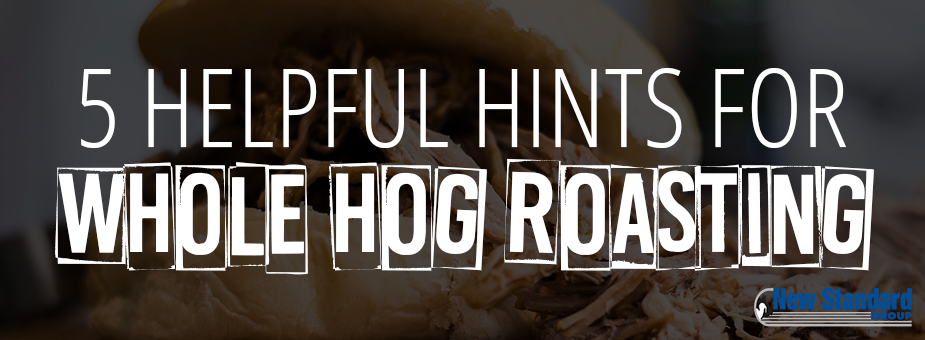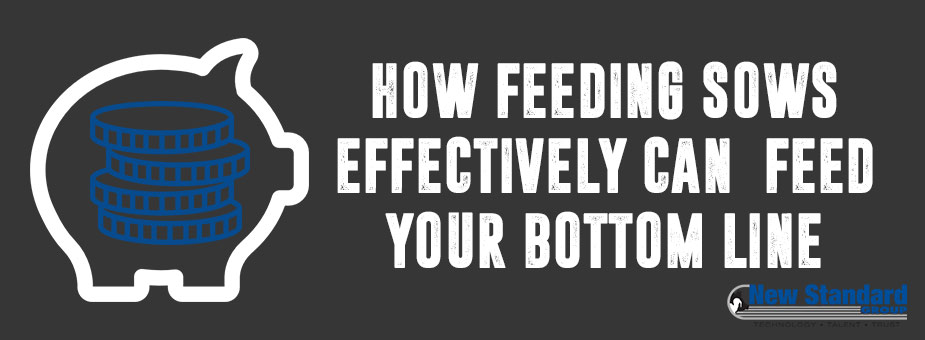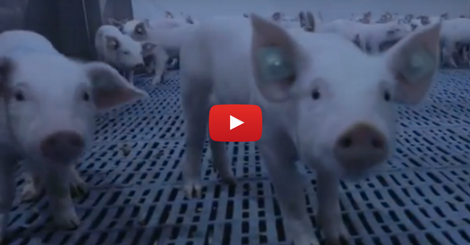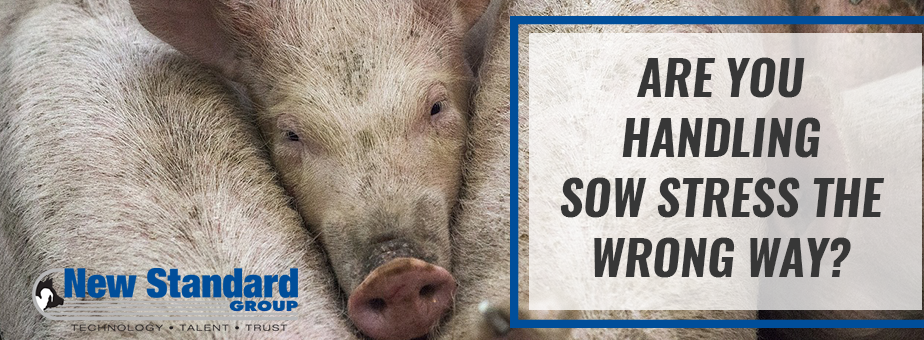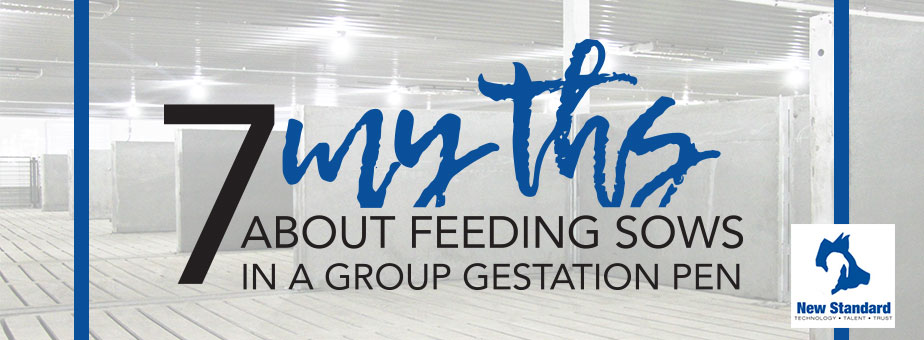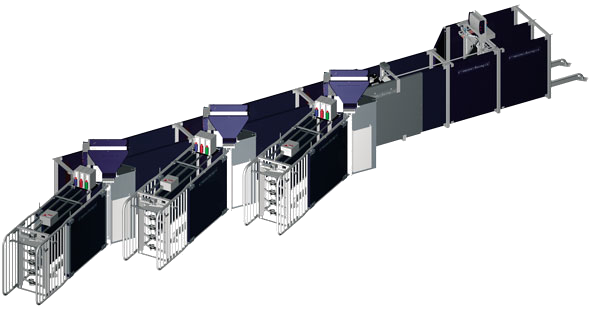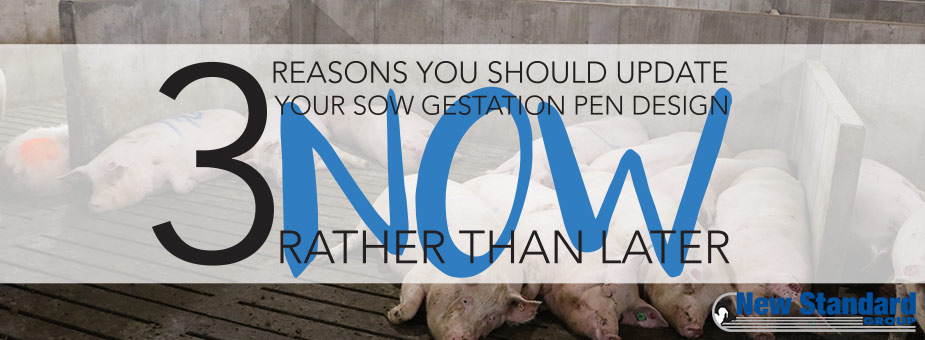In the summer when we aren't drawing up hog barn designs or installing equipment, you can often find us at the BBQ. Whether it is whole hog roasts with the entire neighborhood and everyone else you know or flipping burgers for the family, you can't beat relaxing by the grill, enjoying the longest days of the year. Although we only do it a couple times each year, our favorite BBQ is whole hog BBQ. That's why we want to share our top 5 helpful hints for whole hog roasting.
New Standard Staff

Recent Posts
Kees (Kase) van Ittersum has been with New Standard as part owner since its beginning. He specializes in hog barn design and has been involved in Electronic Sow Feeding (ESF) since 1995. The group sow housing and ESF movement started in Europe in the late 90s while Kees was still living in the Netherlands. There he gained a great amount of experience with loose housing hog barn design and equipment.
When he moved to Canada in the early 2000s, the movement had not yet reached North America, but he knew it would soon come. While Kees has always sold ESF and loose housing equipment with the focus being on barn efficiency and precision farming, North American animal welfare pressures kick started the group sow housing movement around 2007. Learn more about Kees and his role in the development North American sow housing.
Sow stress leads to lower litter sizes and loss in production. Producers all across North America are in constant search of how to reduce stress in swine barns. Many are converting to group sow housing to allow the pigs more freedom, reduce stress, and improve animal health.
While many believe sow stress might multiply in group sow housing with the animals having constant contact and the freedom to fight, this is not the case with the right barn design and proper training. When sow stress is handled properly, group gestation pens are calm, quiet, and comfortable for the pigs. Learn more on how to properly handle sow stress and stressors in a loose housing barn.
We are all aware of the pressure on producers to switch to group gestation pens, but making this transition is not an easy task. It is especially difficult when we hear horror stories and find research showing the problems that arise with feeding sows in loose pens. We want to put you at ease and tell you what it is like in a well-designed hog barn by busting some of the common myths you have probably heard about group sow housing.
Data analysis in pig production has long been essential to making smart management decisions. Now as the industry moves to group sow housing, data is more important than ever. There is a common belief that you cannot track sows efficiently in open hog pen designs, but that is simply not the case. With the proper barn design and data management system in an open sow pen, you are able to track daily performance metrics much better than you could in a stall barn.
Although you are able to track sow performance much better in group sow housing barn, it takes a well-engineered hog pen design and data collection platform. With the proper system, such as the Velos platform used by Nedap, data really is money. You are able to catch performance issues earlier, and you are able to fine tune your operations to be as efficient as possible, saving you on feed and labor, as well as other operating costs.
If you're a pork producer, changing your barn's sow gestation pen design is not just a complicated process, it can also be a big investment. For this reason many producers put off making changes, even when they know that the new designs are superior and will someday be the norm. Committing to a new setup for your gestating sows isn't always an easy pill to swallow, but there are some reasons why you might want to consider doing it now rather than later.



